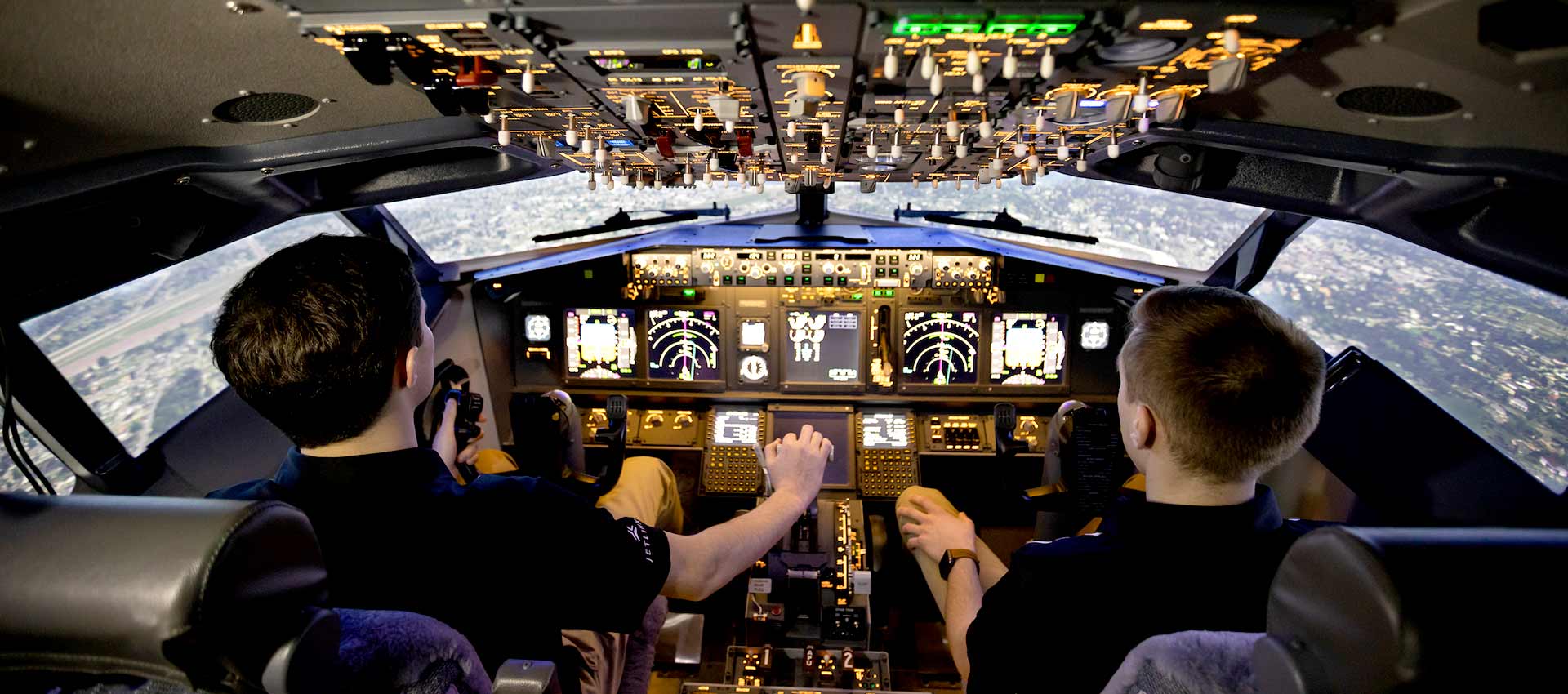In the dynamic realm of aviation, where safety is paramount, the role of aviation institute maintenance programs cannot be overstated. These programs serve as the bedrock for sustaining the airworthiness of aircraft, ensuring that they operate at peak performance while adhering to the highest safety standards. This article delves into the intricate world of aviation maintenance, exploring the significance of specialized education and training provided by aviation institutes to maintain the integrity of aircraft and, consequently, the safety of the skies.
The Evolution of Aviation Maintenance
Aviation maintenance has come a long way since the early days of flight. As aircraft technology has advanced, so too has the complexity of maintenance procedures. Modern aircraft are marvels of engineering, equipped with intricate systems that demand specialized knowledge for maintenance and repair. Aviation institute maintenance programs play a pivotal role in preparing professionals to meet these evolving challenges.
Understanding the Curriculum
Aviation maintenance programs offered by institutes cover a comprehensive range of topics. From basics like airframe and powerplant systems to cutting-edge avionics and computerized maintenance management systems (CMMS), students undergo rigorous training to develop the skills required for a successful career in aviation maintenance. This section explores the core components of these programs and their real-world applications.
The Significance of Accreditation
In the aviation industry, where precision is non-negotiable, accreditation of maintenance programs is a crucial aspect. Recognized accreditation ensures that the education and training provided by aviation institutes meet or exceed industry standards. This section examines the importance of accreditation, shedding light on the accrediting bodies and the rigorous processes involved in obtaining and maintaining accreditation.
Hands-On Training: Bridging the Gap Between Theory and Practice
One of the distinctive features of aviation institute maintenance programs is the emphasis on hands-on training. This experiential learning component is vital for students to translate theoretical knowledge into practical skills. The article explores the state-of-the-art facilities and simulated environments that aviation institutes provide to simulate real-world maintenance scenarios, preparing students for the challenges they will face in their careers.
Industry Collaboration: Nurturing Future Aviation Professionals
Aviation institutes often collaborate with industry partners to enrich their programs and provide students with valuable insights into the practical aspects of maintenance. This section delves into the symbiotic relationship between aviation institutes and industry players, showcasing how these collaborations benefit both students and the aviation sector as a whole.
Challenges and Innovations in Aviation Maintenance Education
The aviation industry is not immune to the challenges posed by rapidly advancing technology and the evolving nature of aircraft design. This section explores how aviation maintenance education is adapting to stay ahead of these challenges, with a focus on innovative approaches and emerging trends that are shaping the future of maintenance training.
Career Opportunities and Professional Development
Completing an aviation maintenance program opens doors to a myriad of career opportunities. From working with airlines to maintenance and repair organizations (MROs), graduates are in high demand. This section explores the diverse career paths available to aviation maintenance professionals and the ongoing professional development required to stay current in this dynamic field.
Ensuring Safety: The Ultimate Goal of Aviation Maintenance
At its core, the primary objective of aviation maintenance is to ensure the safety of flight. This concluding section highlights the pivotal role played by aviation institute maintenance programs in upholding the highest safety standards in the aviation industry. It underscores the interconnectedness of education, training, and industry collaboration in creating a robust system that safeguards the skies.
Conclusion
As the aviation industry continues to soar to new heights, the importance of aviation institute maintenance programs becomes increasingly evident. These programs not only equip individuals with the skills and knowledge needed for a successful career in aviation maintenance but also contribute significantly to the overall safety and reliability of the global air transportation system. Through rigorous training, industry collaboration, and a commitment to excellence, aviation institutes play a vital role in shaping the future of aviation maintenance.

